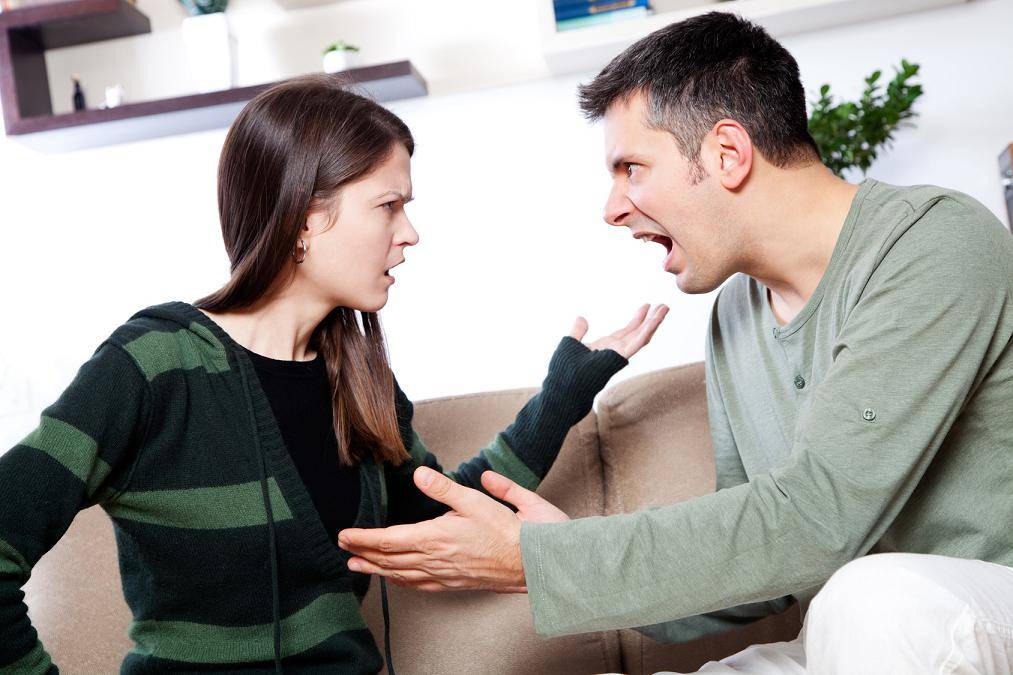Have you ever looked at someone’s behavior and wondered where their self-respect went?
Whether it’s someone else’s actions or your own being scrutinized, here are 20 behaviors that confirm self-respect has left the building.
1. Taking Blame for Things That Aren’t Your Fault
Sometimes, when things go wrong, you might feel responsible even when it’s not your fault. For example, apologizing for being late due to traffic, or feeling guilty because a store didn’t have what you needed in stock. It’s like you’re shouldering unnecessary blame.
2. Putting Up with Disrespect
If someone disrespects your friend or child, you’d likely stand up for them. But when it happens to you, you might stay quiet to avoid conflict. This silence can show that you’re prioritizing peace over standing up for yourself.
3. Always Needing Approval
People with low self-respect often seek constant validation from others. They rely on praise and approval to feel good about themselves. If they don’t get enough praise, they may feel anxious or inadequate.
4. Staying in Bad Relationships
Some people stay in relationships that aren’t good for them because they care more about how it looks to others than how they’re treated. They might tolerate mistreatment or abuse because they fear being alone or believe they can’t find better.
5. Ignoring Your Needs
Taking care of yourself is important, just like putting on your oxygen mask before helping others on a plane. If you neglect your own needs to please others, it shows you don’t value your own well-being enough.
6. Staying Unhappy
Choosing to stay in a situation that makes you miserable instead of trying to change it can signal to others that your happiness isn’t a priority. It’s like telling the world that you don’t think you deserve to be happy.
7. Letting Others Decide for You
Allowing someone else to make decisions for you, like canceling your food order without asking you first, can indicate that you don’t assert your own preferences or value your own choices enough.
8. Not Setting Limits
People with low self-respect often struggle to set personal boundaries. They might let others mistreat them because they fear losing relationships. They prioritize staying connected over protecting their own well-being.
9. Agreeing to Things You Hate
Fear of rejection or conflict can lead you to agree to things you don’t want to do just to avoid upsetting others or losing their approval. This can make you feel resentful or unhappy in the long run.
10. Neglecting Yourself
When you stop caring about your personal hygiene, health, or appearance, it can indicate that you don’t think you deserve self-care. It’s like neglecting yourself because you don’t value your own well-being.
11. Harming Yourself
Some people with low self-respect engage in self-destructive behaviors as a way to punish themselves or cope with pain. This behavior can show a lack of self-compassion and a belief that they deserve to suffer.
12. Sabotaging Your Success
If you believe deep down that you’re not worthy of success, you might sabotage opportunities that could lead to achievement. This behavior can stem from a fear of failure or a reluctance to step out of your comfort zone.
13. Settling for Less
People with low self-respect might settle for relationships, jobs, or situations that don’t reflect their true worth. They may believe they don’t deserve better and feel lucky to have what they perceive as scraps.
14. Not Defending Yourself
Allowing others to criticize, insult, or mistreat you without standing up for yourself can indicate that you believe you deserve such treatment. It shows a lack of self-respect and self-worth.
15. Constantly Comparing
Comparing yourself unfavorably to others and feeling inadequate can indicate that you don’t appreciate your own unique qualities and strengths. It shows a lack of self-acceptance and self-esteem.
16. Saying Yes When You Want to Say No
Agreeing to things you don’t want to do just to please others can show that you prioritize their happiness over your own comfort and well-being. It indicates a lack of assertiveness and self-respect.
17. Doubting Yourself
Even when you’re competent and knowledgeable, low self-respect can make you doubt your abilities and decisions. You might second-guess yourself and feel insecure, even when you know you’re capable.
18. Letting Others Invalidate You
Allowing others to dismiss or invalidate your feelings, thoughts, or experiences can show that you don’t trust your own judgment. It indicates a lack of self-trust and self-respect.
19. Not Speaking Up
Low self-respect might prevent you from standing up for yourself when mistreated or unfairly treated. You might fear conflict or believe you don’t deserve to advocate for your own rights and needs.
20. Acting Immature
Behaving in a childish or irresponsible manner, especially in serious situations, can indicate a lack of self-respect. It shows an inability to take yourself seriously and behave appropriately for your age or role.
